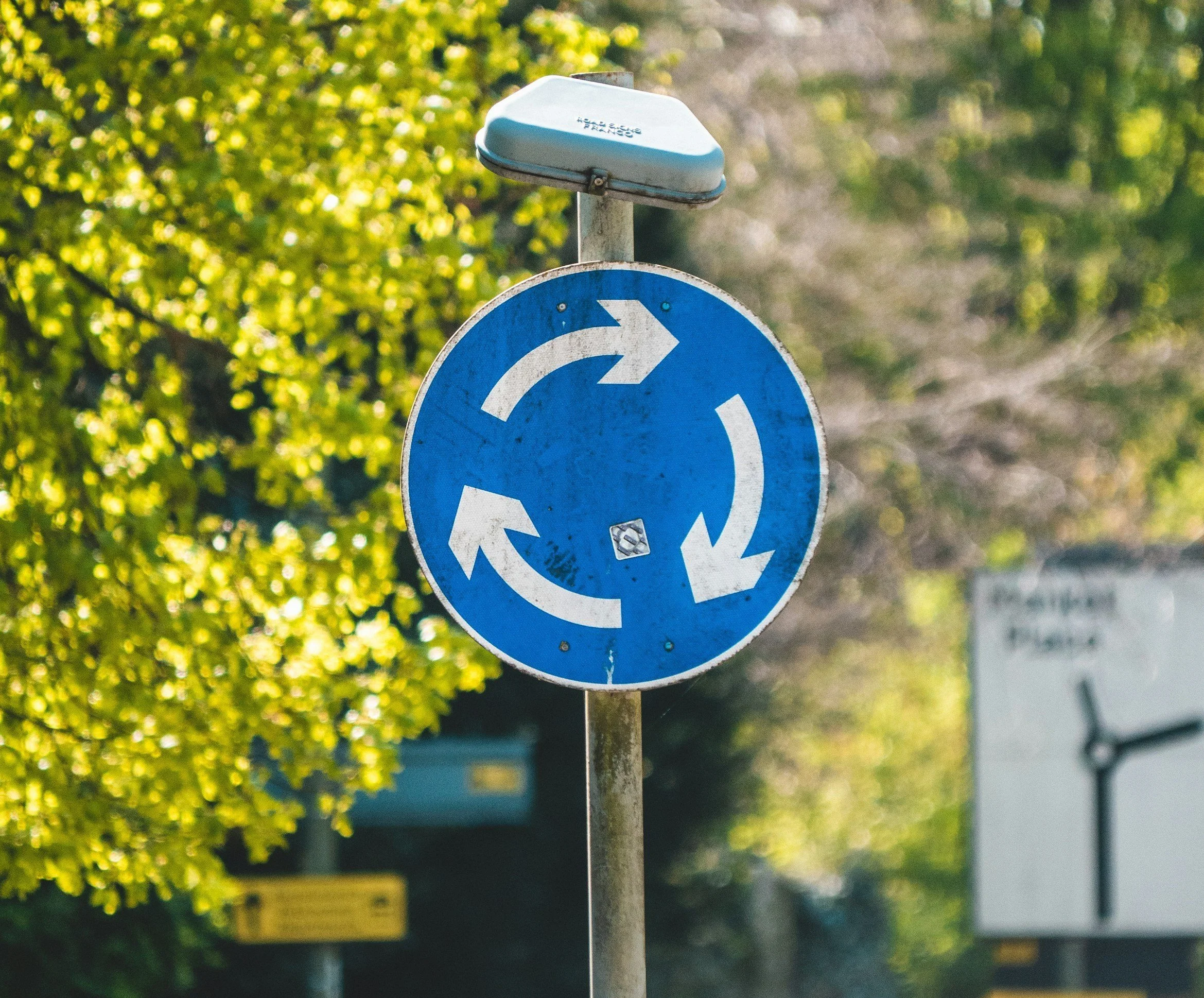In a world designed for convenience and disposability, circular design offers a hopeful alternative. It’s part of a broader movement toward a circular economy, a concept championed by the Ellen MacArthur Foundation, which calls for eliminating waste and pollution, circulating products and materials, and regenerating nature.
In other words, it’s about designing with intention—from the start.
What Is Circular Design?
Circular design reimagines how products are made, used, and reused. Unlike the traditional “take-make-waste” model, circular design asks:
Can this be repaired instead of replaced? Will this material have a second, third, fourth life? How do we build value that lasts? It’s a system where waste is transformed into a resource—and sustainability is embedded into every step of a product's lifecycle.
Why It Matters Now
We've seen a push amongst consumers for accountability and impact. Circular design isn’t just “nice to have”; it’s necessary. The future belongs to businesses that are designing-out waste, using fewer virgin resources, and creating for resilience.
Circularity is how we move from less bad to actively good... for people, for products, and for the planet.
SUS + Circularity: A Practical Approach
Circularity isn’t theory at SUS; it’s practice. It’s why we:
Offer a Lifetime Warranty on all bags and backpacks—because fixing beats tossing. Created the Reborn Initiative, where no-longer-used bags are rehomed and—through the Reality Collection—bags too damaged to be rehomed are sewn into something new. Design with recycled and upcycled materials to reduce our footprint from the start.
By choosing products made to last, to be repaired, and to be returned to the loop, we reduce waste, conserve resources, and reshape what “sustainable” really means. At SUS, we’re proud to be part of this shift and we invite you to carry that impact forward, one bag at a time.
Interested In Learning More?
Ellen MacArthur Foundation's 3-week online course, Circular Economy: The Big Idea, offered through FutureLearn teaches key terminology, concepts, and the three principles of the circular economy.
"High level, very engaging content. Well-focused, useful resources. Very current and relevant. A good combination of text, audio and video. Excellent organisation of the material." -> Dionysia T.


